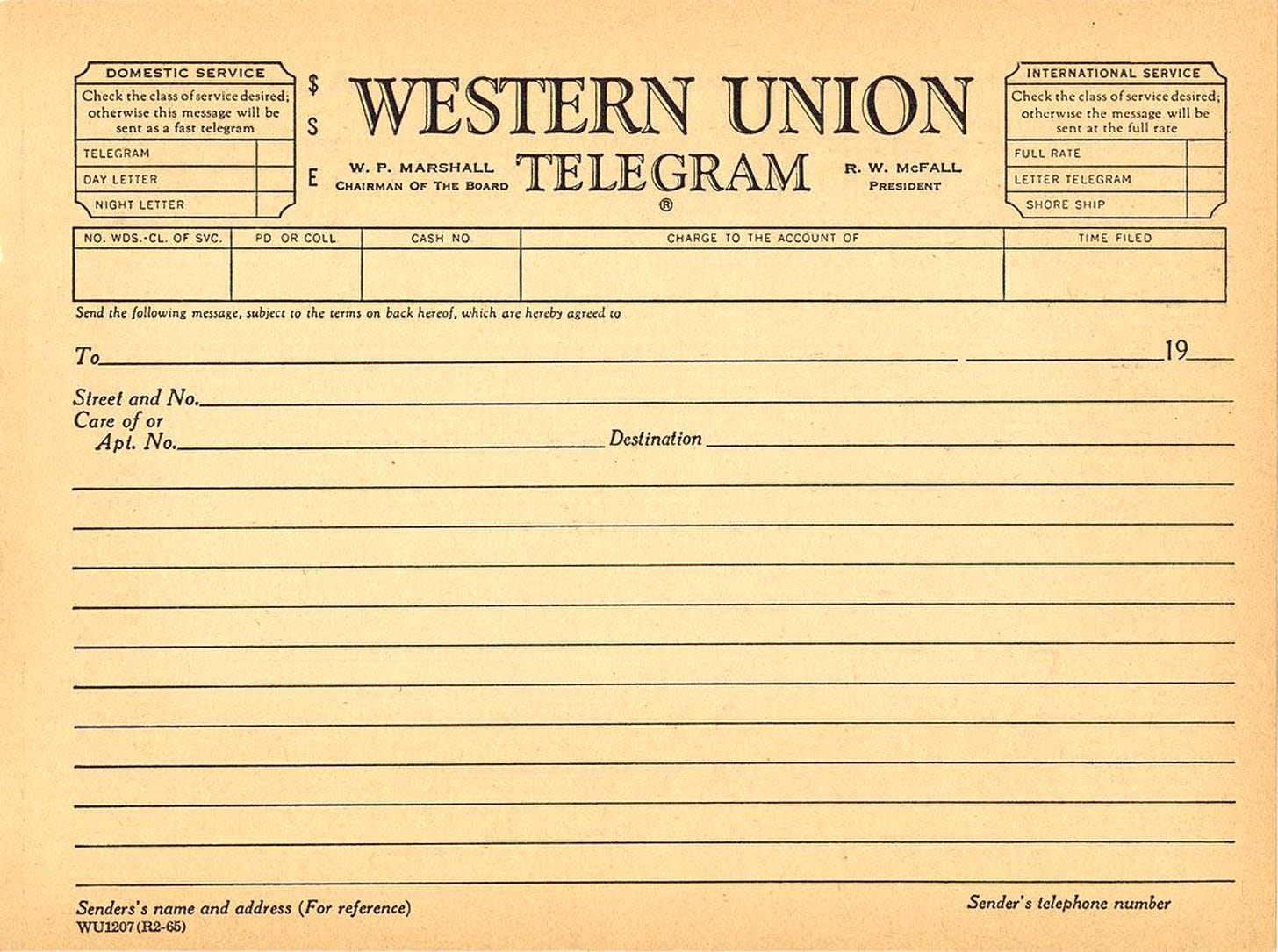If You Want to Send a Message
"Diplomacy of violence" is an oxymoron
Hey, I’ll be on the Eurasia Group’s GZERO podcast tomorrow at 11 Eastern time!
“All I want is a story. If you want to send a message, send it by Western Union”
—Attributed to, but never actually said by, Samuel Goldwyn
Some personal news: I’ve moved to Qatar! Life as associate professor in Georgetown University Qatar has been great so far.
And, of course, there’s been big news from the region over the past few days. By which I mean: I bought an air fryer!
Ha! Ha! That’s a little bit of humor for you today, because right now the big news is that we are — maybe? probably? — on the brink of a severe regional conflict, possibly even a major regional war, involving a nuclear power and a variety of very well armed countries and non-state actors.
The effects of the past year of fighting have been severe, beginning with the deaths in Israel and in the West Bank and accelerating over the past two weeks. It’s more likely now than in June that the conflict will influence the U.S. presidential range, and my gut sense right now is that any resurgence of severe conflict will weaken anti-Trump arguments that he is the chaos-bringer while expanding the ranks of voters in at least one key state (Michigan) who are aggrieved toward the Biden-Harris administration. If the election is close, those votes—well, you get the picture.
And, in a very trivial sense, the wars involving the Houthis have threatened global commerce, including the ship with the container with all my stuff on it—redirected around the Horn of Africa rather than through Suez.
I’m not mentioning this to put myself in the center of the story. I’m as close to the margins as one can be—in the farther reaches of the Oort cloud of this story. But it is rather different to read articles about Iran’s potential horizontal escalation options, such as striking oil facilities in the Arabian Gulf, and not think Hey, that’s down the street! (Well, down three or four streets. And about an hour or two away. Remember: Oort cloud.)
It’s sure been interesting being a general-issue IR scholar in this context, though. That is to say: I’m not an expert in regional security dynamics, but I do know just enough to be intrigued scientifically and terrified at the same time: “Look! A real life test of deterrence theory! The last twenty-four hours have been really exciting!”
One of the lines of reflection to which I’ve been drawn concerns the writings of Thomas Schelling, the brilliant, provocative, and frustratingly narrow Nobel (Memorial) Prize-winning economist whose books on strategy and conflict are foundational to the contemporary (Anglophone1) approach to understanding security dynamics.
A core idea in Schelling concerns the use of violence as a modality of diplomacy. “The power to hurt is bargaining power,” Schelling writes. “To exploit it is diplomacy—vicious diplomacy, but diplomacy.” Real Schelling is frequently subtle and allusive; dumb “Schelling”—the simplified, Cliffs Notes version—is blunt and, well, dumb. But statecraft often requires the use of crude tools that, even wielded by the most adroit leaders, can defeat almost all attempts at subtlety.
Violence, in particular, is ill-suited to subtlety. Schelling, filtered through conversation and personal connection, influenced the early days of the Johnson administration’s Vietnam policy, including the broad shapes of the bombing campaign known as Rolling Thunder. A perhaps apocryphal story (and one that I’ll be bungling the quotation for) has one Washington eminence commenting that “If I’d been a Vietnamese peasant, I’d have assumed the Americans were dropping bombs on me to try to kill me and my family—but if only I’d attended Professor Schelling’s lectures, I’d have understood they were just trying to communicate.”
For the second time in months, the world watches while we try to understand the messages Israel and Iran are sending to each other with barrages of missiles. If monologuing through rocketry is hard to understand, dialoguing is more so. “Jaw, jaw is better than war, war,” Churchill never quite said. Trying to figure out the messages being sent with these exchanges is hard enough from the calm of my living room; I have a hard time believing that situation rooms in Tehran and Jerusalem are all that much better equipped to discern what the other is really saying. Any theory of international relations that assumes you can hear a signal through the din of explosions (even relatively muted conventional explosions, not the nuclear ones Schelling and his lesser followers had in mind)—well, if the theory supposes that, the theory is a ass, an idiot.
Mother Night, one of Vonnegut’s lesser but sharper novels, has two morals: “We are what we pretend to be, so we must be careful what we pretend to be” and “When you’re dead, you’re dead.” Not social science, I think, but no less useful as guides to what conflict really entails: an awful clarity of material consequence, a terrible deficit of any intrinsic meaning. So it goes.




I love this column for it’s clarity and intrinsic meaning but it leaves me wondering: does air-fried chicken REALLY taste like Popeyes?